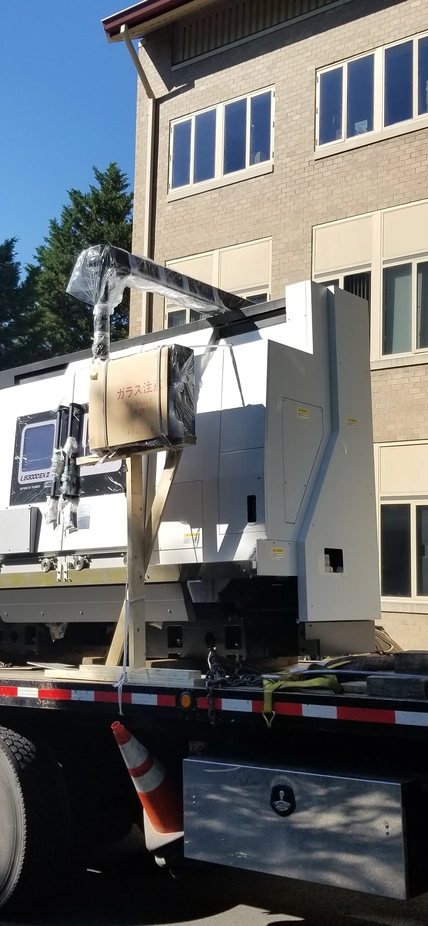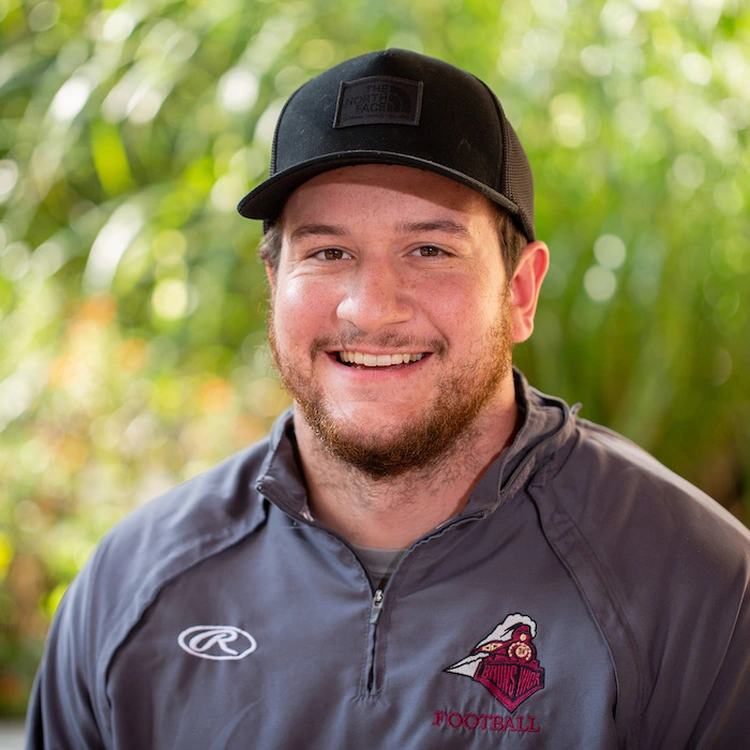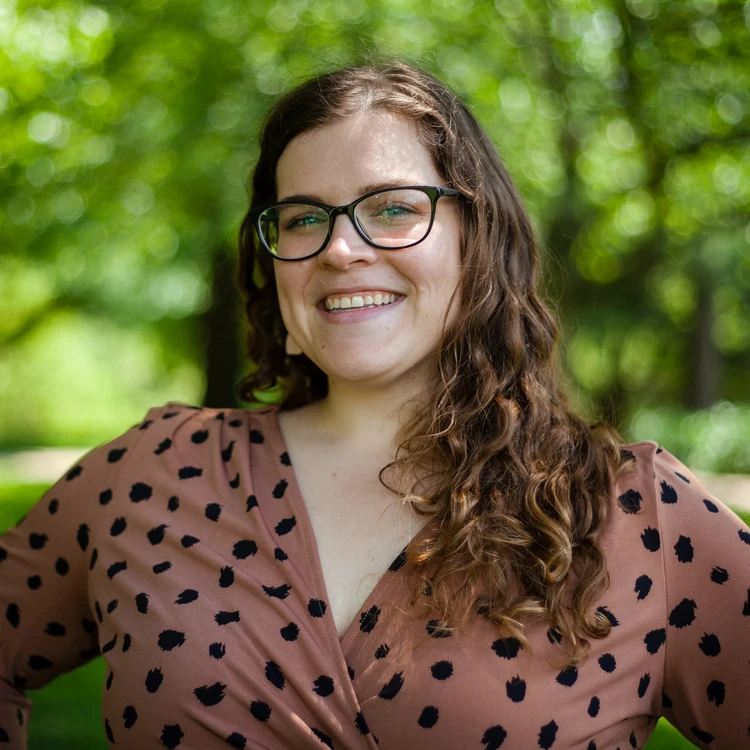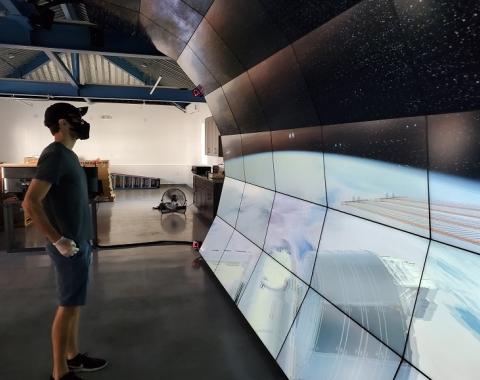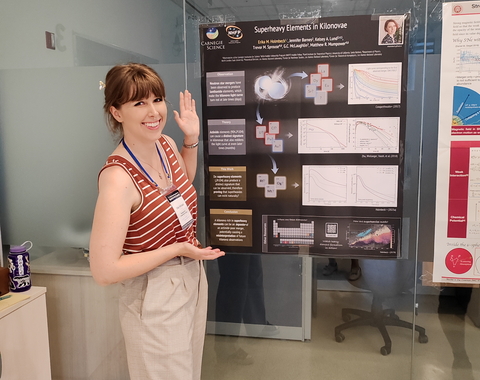Written by Katy Cain
When it comes to boundary-pushing science, the Earth and Planets Laboratory (EPL) has a secret weapon: the machine shop. From precision-cut diamond anvil cells to quick deploy seismometers, many EPL scientists depend on the in-house suite of state-of-the-art machines—and the specialized skills of the machinists who run them—to build their experiments’ bespoke instrumentation.
The shop includes lathes, mills, grinders, and special electrostatic cutters. In a recent phone call with Shop Foreman Victor Lugo, he explained, “All the machines help us to support the scientists at the Earth and Planets Laboratory whenever they need to make, modify, or create something new. It could be something small, could be something big. We can cut exotic materials, plastics, and hard materials into any shape they want.”
Of course, in order to keep this engine of innovation running smoothly, the tools at hand need to be upgraded to stay state-of-the-art. Over the years most of the machines have been replaced several times. By 2020, the shop was home to a modern machinists’ wildest dreams—with one major holdout. The 28-year-old CNC lathe.
It was time for an upgrade, and in 2020 EPL got one.
There’s a New Lathe in Town
On Monday, June 29 EPL replaced the 28-year-old machine with the brand new 2020 Okuma CNC Lathe.
When asked about what makes this particular lathe better than the old one, Lugo responded, “Everything! The screen appearance, the controls of the machine, the tooling of the machine, the capability of the machine, everything. Everything will be newer.”
The main difference is that this new machine will have the capability to turn and mill at the same time. Lugo clarified, “Instead of having two axes with just X and Y operations, we're going to have four axes in one set-up.” He continued, “This will decrease production time and it's also going to decrease the cost to produce each item.”
The new lathe also provides vast computing upgrades, which will reduce the time it takes to do something as simple as turning on the machine. Lugo described the time-sink, “Because it was from 28 years ago, we would have to turn the machine on an hour in advance just to make the computer screen come up.”
Image Gallery
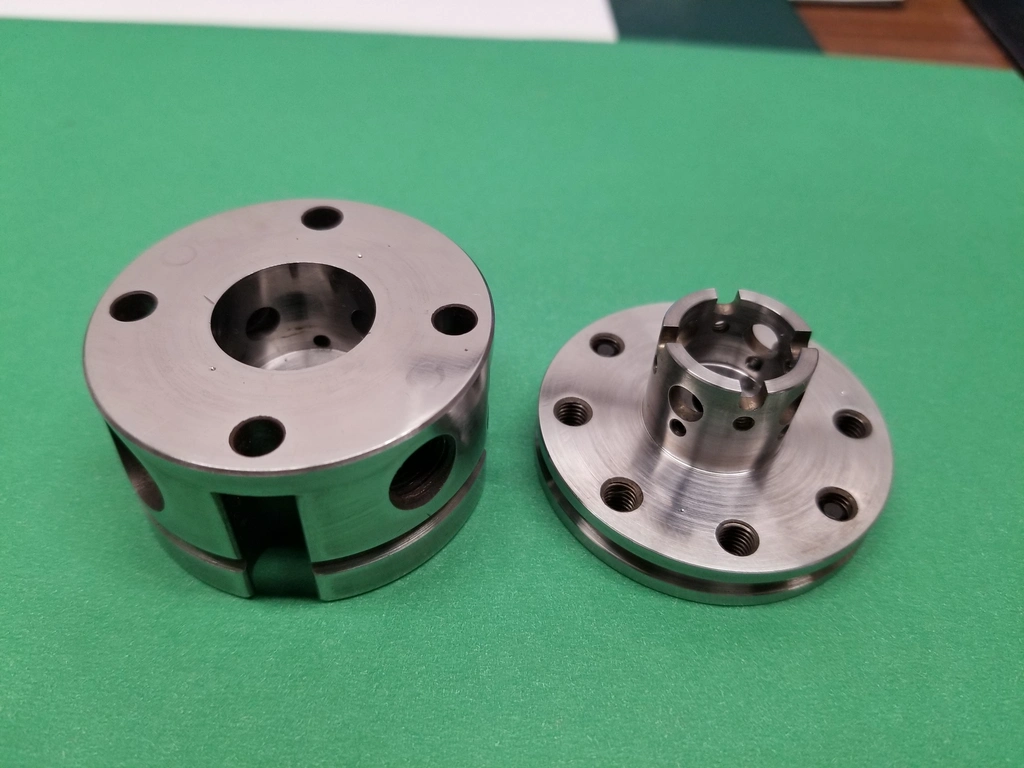
This diamond anvil cell was crafted on-site in the EPL machine shop, saving scientists time and money on their high-pressure research. Photo Credit: Victor Lugo
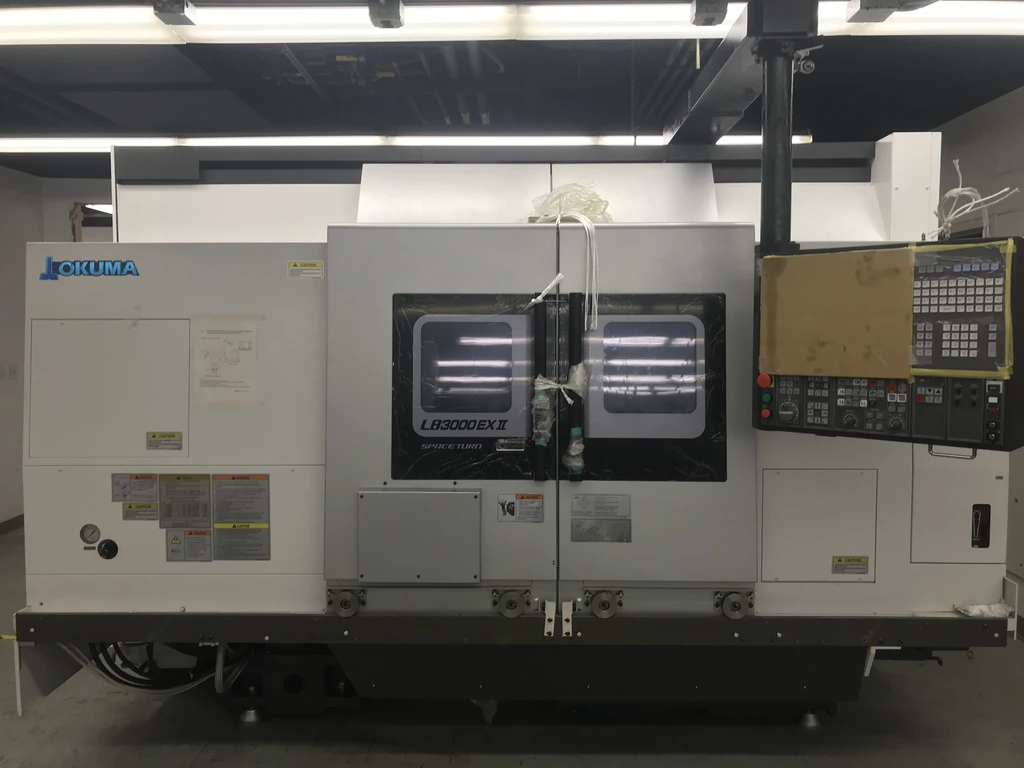
The new Okuma lathe works on four axes, which will allow the machine to turn and mill materials at the same time. Photo credit: Victor Lugo
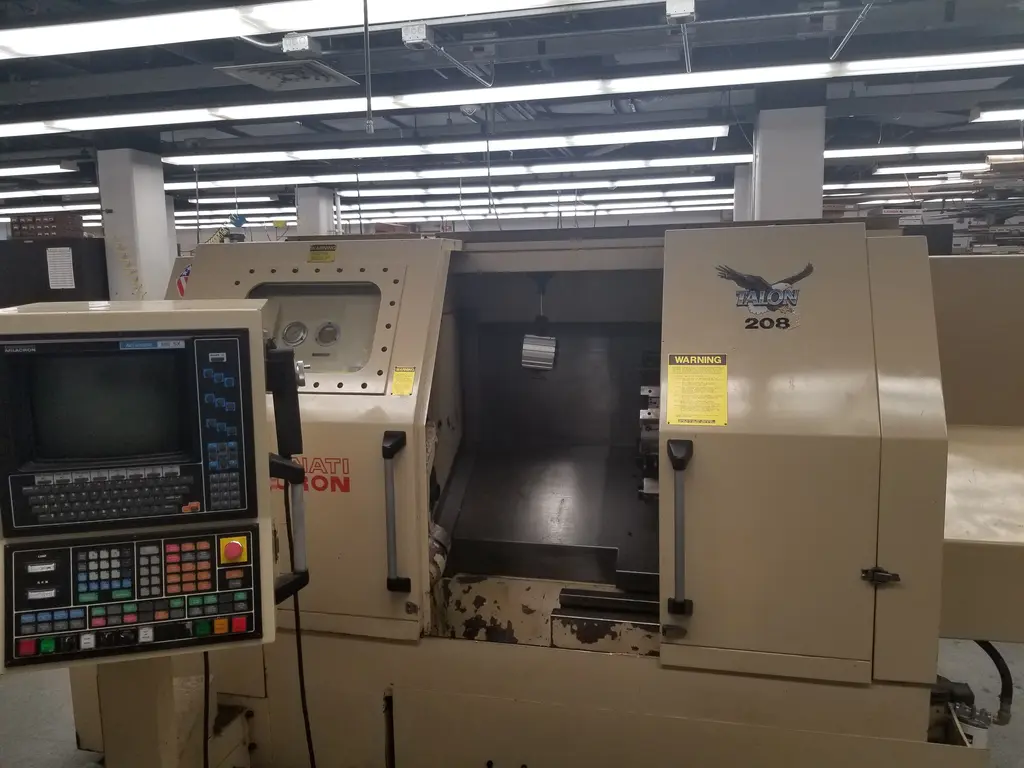
The 28-year-old Cincinnati Milacron lathe. Photo credit: Victor Lugo
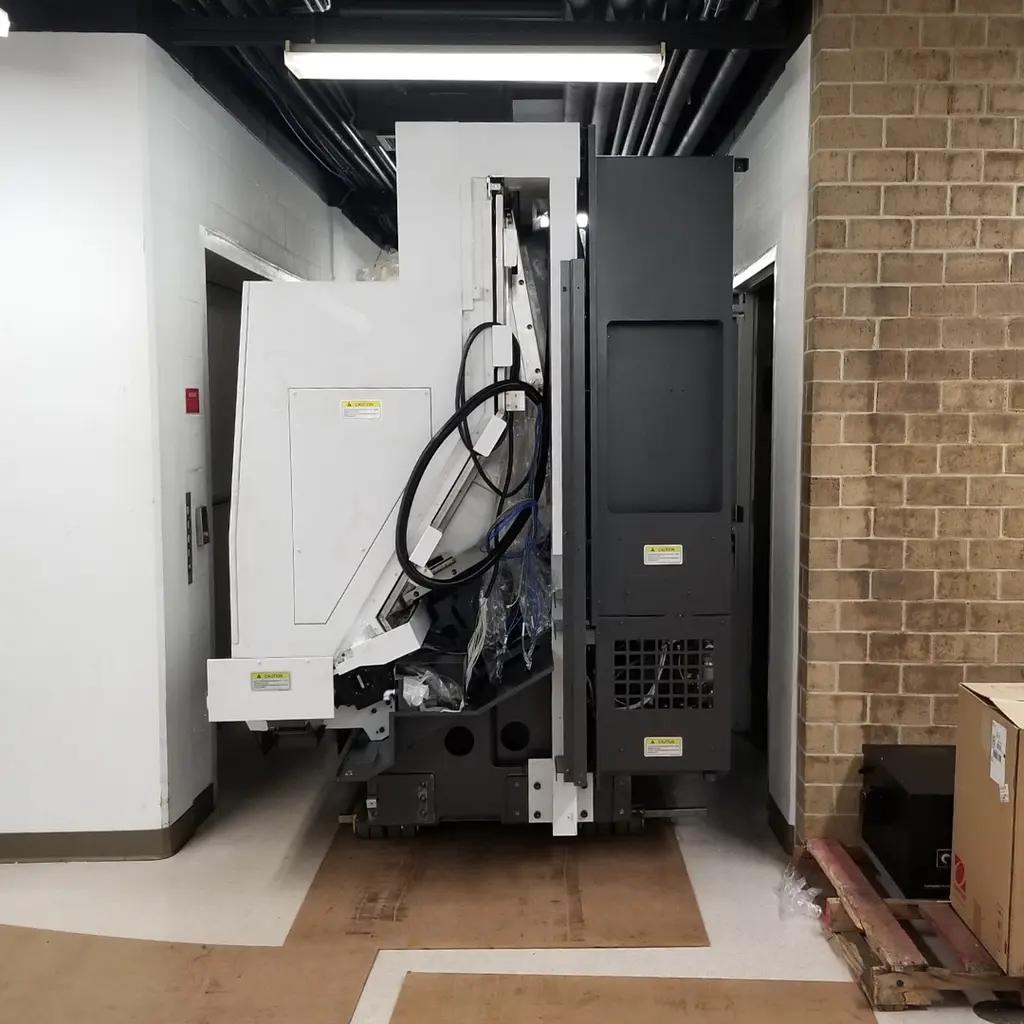
The layout of the basement has changed over the years, leaving only inches of clearance for the team to work with in order to bring the new lathe into the machine shop. Photo credit: Victor Lugo
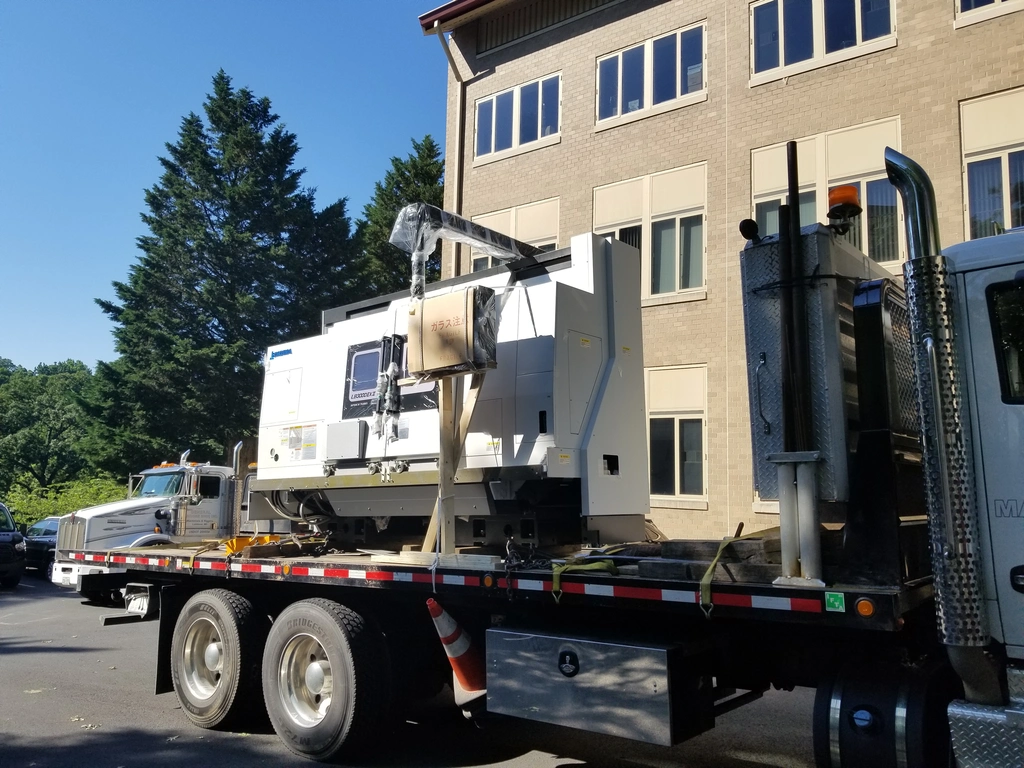
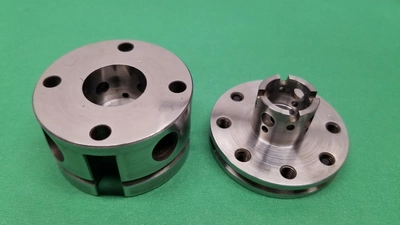
Diamond Anvil Cell
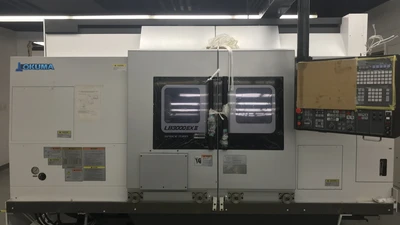
New Okuma Lathe
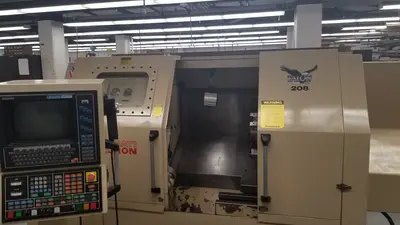
Old lathe
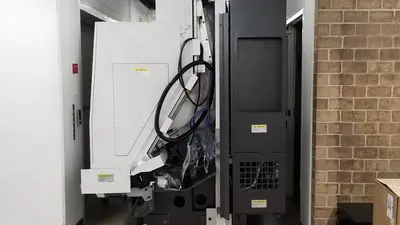
Lathe in the Hallway
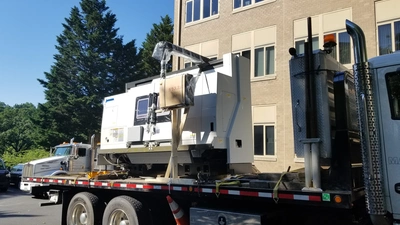
A new 2020 Okuma CNC lathe is delivered to the EPL machine shop on June 29, 2020
A Long Time Coming
Lugo has been working to bring this state-of-the-art machine into action for three years. The green light was given in December 2019. Unfortunately, like the rest of the world, the machine’s delivery was immediately put on pause due to the arrival of COVID-19.
By June 2020, neither EPL nor the Okuma could wait any longer. A delivery day was decided, soon the Okuma team would come to deliver the lathe and, thankfully, remove the old one.
Moving several tons of machinery would turn out to be a bigger challenge than expected. New walls and hallways have been partitioned off since the first lathe was originally installed. Navigating the tight spaces turned a predicted three-hour task into a somewhat grueling day-long effort that included wall panel removal and the snail’s pace movements of the two massive machines.
Then, finally, after three years, a pandemic, and an intense day of work, the new lathe was in the shop. Lugo recalled, “Once we finally got the machine inside, it was a celebration.”
Supporting Carnegie’s Mission
As our understanding of the world changes, our tools have to change too. Thanks to Lugo’s leadership, EPL’s machine shop continues to support Andrew Carnegie’s dream to build an institution, “to encourage, in the broadest and most liberal manner, investigation, research, and discovery and the application of knowledge to the improvement of mankind.”
At the end of the day, it’s that commitment to Carnegie’s original mission that makes the Carnegie Institution for Science stand out. Lugo thinks back to other jobs he’s held, "When I was working in all of these different places before, I could have never imagined a place like Carnegie, where not only you're proud of what you do, but you get the feeling that you’re supporting something important.”
Lugo and his team will begin training on and programming the new lathe to get it ready to go as soon as possible. Lugo hopes it will be up and running by the end of July.
About Victor Lugo
Victor Lugo is the Earth and Planets Laboratory Shop Foreman. He earned his skills as an Instrument Maker at a three-year machinist program in Mexico City. Victor started working in production for a pharmaceutical facility and gained experience working for an aerospace contractor. He manages activities in the shop and supports the high-pressure lab, operating and producing scientific instruments.
